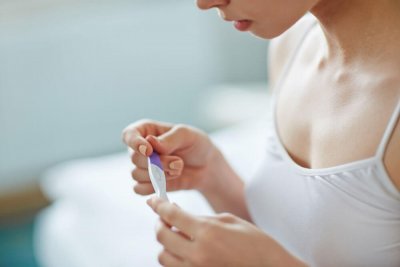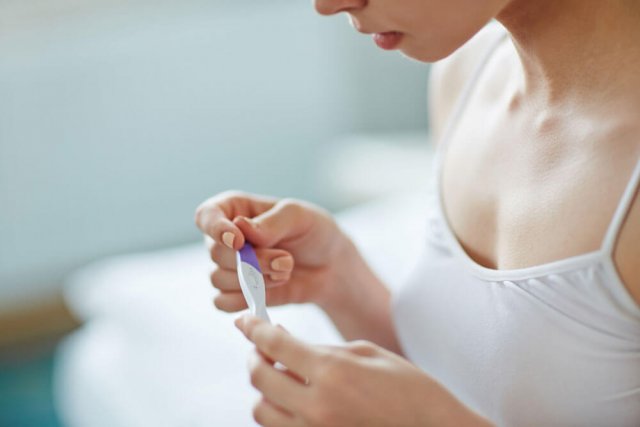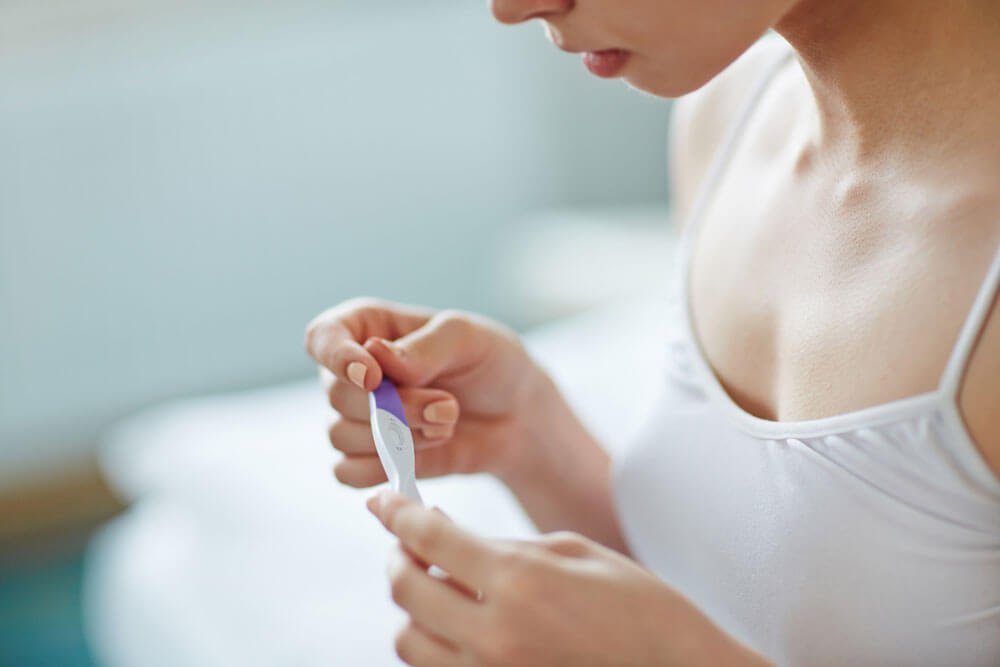Fertilization & Pregnancy: How Your Body Works
Once upon a time, there was a sperm and an egg… That’s how pregnancy begins. To understand in more detail how fertilization works, we need to take a look inside the female body: The journey begins in the ovaries!
Which came first: oocyte or egg cell?
Oocytes are the immature eggs of a woman. Some of them develop into mature eggs (also called “ovum”) during your lifetime. This happens during the first phase of the menstrual cycle, called the follicular phase. Out of millions of oocytes, only a few hundred fully mature between puberty or sexual maturity and menopause – usually one per cycle.
Ovulation: an important step in fertilization
Oocytes are a valuable asset for the body and are therefore surrounded by a protective “”sac””, the follicle. Every month, several follicles rise to the surface of the ovaries, but usually only one of them matures and makes it to ovulation. By the way, the technical term for ovulation is ovulation.
Exactly when ovulation occurs is unpredictable. Even if your menstrual cycle is very regular, even the smallest disturbances such as stress or exercise can postpone ovulation. Some women are fertile shortly after menstruation, so sex during menstruation can also lead to pregnancy. Other women ovulate exactly in the middle of their cycle or even later.
Fertilization takes place in the fallopian tube
When the egg leaves the ovaries, it moves through the fallopian tube with the help of small hairs. The fallopian tube connects the ovaries to the uterus.
On its journey, it may then encounter a sperm. If fertilization occurs, the fertilized egg nests there and is enclosed in a protective cocoon.
Implantation marks the beginning of pregnancy. It usually takes place between 6 – 12 days after fertilization.
The cocoon around the fertilized egg releases a hormone, human chorionic gonadotropin (hCG). The hCG is detected in the urine during a pregnancy test and triggers a positive result. The onset of pregnancy causes menstruation to stop and no further egg matures.
End of cycle and menstruation
If fertilization has not taken place, the lining of the uterus is broken down and the period starts – the cycle begins again. The interval from one menstrual period to the next, and thus also the time of peak fertility, can be different each time.
Pregnancy risk and fertility
The egg only survives for about one day after ovulation. But since sperm can fertilize in the vagina for up to five days, you can even get pregnant if you had unprotected sex several days before ovulation. Basically, you should always use contraception if you don’t want to get pregnant, because the cycle is irregular for many women.
Important to know: Fertilization and emergency contraception
If you use the morning-after pill as emergency contraception, you can only prevent pregnancy before it happens.
The morning-after pill works by delaying ovulation and preventing the sperm and egg from meeting. If ovulation has already occurred, emergency contraception cannot work and you can still get pregnant. If you are unknowingly already pregnant, the morning-after pill will not terminate the pregnancy.









